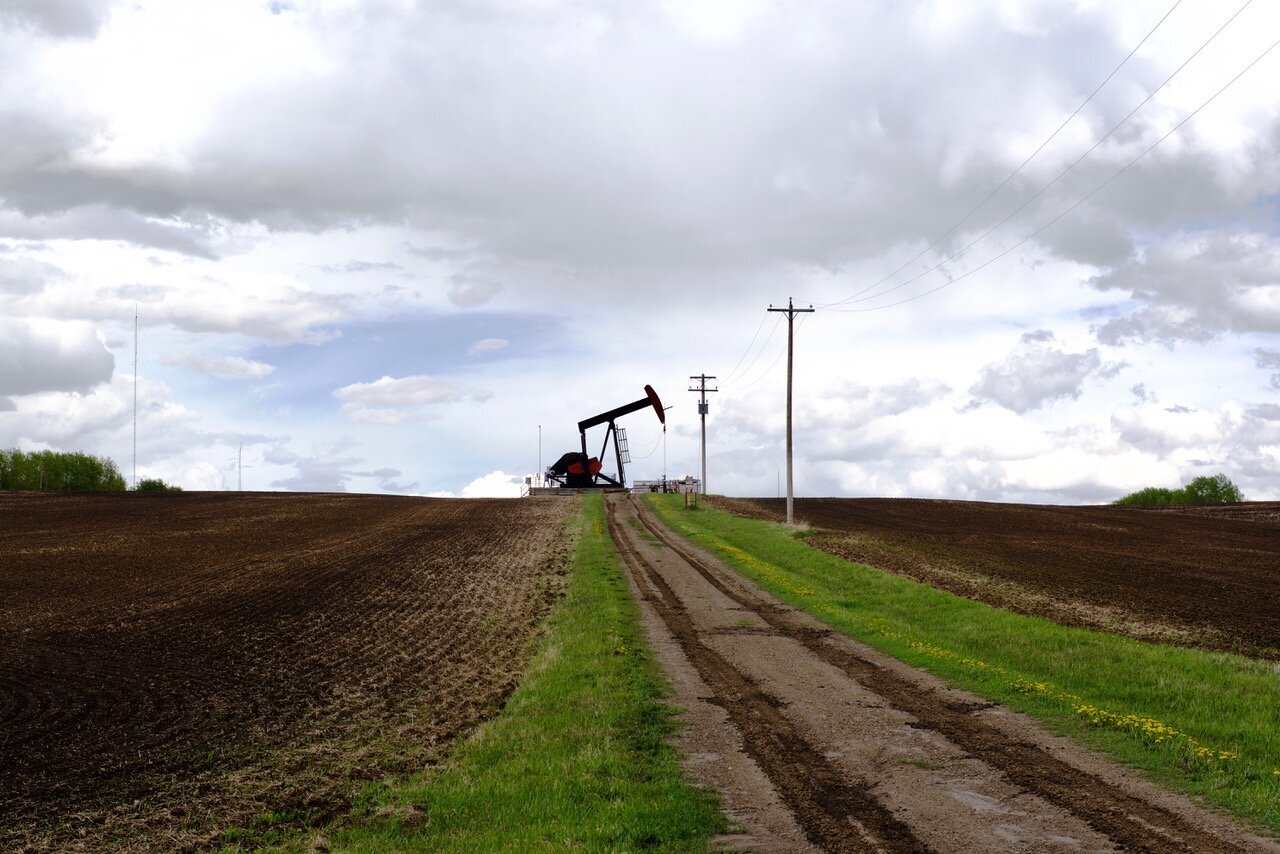E3 Metals: Powering the green revolution
Source: · LIVE TECH LOVE LIFE · | February 9, 2020
Innisfail Well
The electric vehicle revolution depends on lithium batteries – and Alberta is one of the few places on earth where large quantities of this metal can be found. Calgary-based E3 Metals Corp has identified the world’s seventh largest lithium resource in the water of the historic Leduc Formation, the site of Alberta’s first oil discovery back in 1947. The Leduc reservoir is over 98 per cent water, which contains a high concentration of dissolved lithium ions. This “petro-lithium” represents a peak potential of $1.8 billion to $2 billion US in gross revenue per year over the next three decades.
THE EV TRANSITION
Every year, more and more electric vehicle (EV) models are coming online. More than a dozen new EV models debuted in 2020 – the same amount is expected in 2021. In fact, Ford recently committed to building five electric vehicles in Canada as part of a deal with auto-worker union Unifor, starting in 2025. The International Energy Agency also forecasts there will be 125 million electric vehicles on the world’s roads by 2030 (presently, there are just over five million).
And every year, we march closer toward price parity. Some forecasters say it will be reached in 2023. Most Original Equipment Manufacturers (OEM) have been building their e-cars based on the model of gas cars, but now they’re starting to build them from the ground up. That makes them much cheaper to manufacture, as do developments in battery technology. The batteries themselves aren’t getting less expensive, but each battery now generates more and more energy.
Perhaps the single biggest stumbling block for many North Americans has been the lack of charging infrastructure. How are you supposed to drive from Calgary to Vancouver with an electric vehicle? Who’s got hours and hours to wait in, say, Revelstoke as you charge your car? What if you run out of juice on the remote Coquihalla Highway, which is notoriously low on service stations?
That problem was finally solved in December 2019, when Petro-Canada finished its “Electric Highway” network of more than 40 rapid-charge stations, mostly along the Trans-Canada Highway between Halifax and Victoria.

